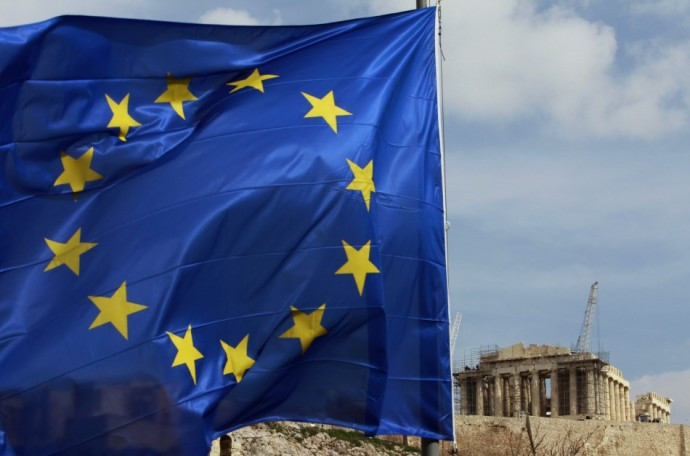Slovakia gets EU rotating presidency for the first time since joining bloc in 2004
Slovakia's Prime Minister Robert Fico insists on more involvement of new members in decision-making.

Slovakia, one of the new members of the European Union, assumed the bloc's six-month rotating presidency on Friday (1 July). This is the first opportunity for the country to lead the single-currency union, which recently suffered a setback in the form of Brexit.
Ahead of the formal announcement, Slovakia's Prime Minister Robert Fico told reporters that one or two members of the bloc or its founding members cannot decide the future of Europe. He insisted on redefining unsuccessful EU policies, particularly on immigration, and reforming the union's single market.
Powerful countries like France and Germany are accused of dominating decisions within the EU. However, its new members, including Slovakia that joined the bloc in 2004, have been demanding more involvement of them all in decision-making. The so-called Visegrad states of Poland, Hungary and the Czech Republic along with Slovakia want the role of the executive European Commission in Brussels to be reduced and decentralised. Britain's decision to leave the EU has given their demands a further push. Leaders from the remaining 27 EU member countries are set to meet in Bratislava in September to discuss the future of the union.
"Crucial decisions about the future of Europe cannot be defined by two, three member states, or the founding states of the EU," Fico was quoted by Reuters as telling reporters on the eve of taking over the rotating presidency.
"The future of the EU can no longer be defined without active involvement of the states that joined after 2004," he added.
Meanwhile, the EU wants the UK's separation to happen quickly. However, with Prime Minister David Cameron's resignation and the appointment of his replacement pending until September, the process for a formal separation could be delayed.
Germany, France and Italy recently convened three-way talks to consider the Brexit vote on 23 June. Prior to that, the other three founding members of the bloc — Belgium, the Netherlands and Luxembourg – also held a meeting of their foreign ministers.
© Copyright IBTimes 2025. All rights reserved.





















